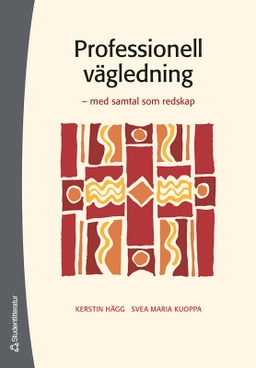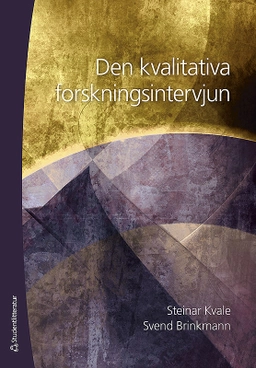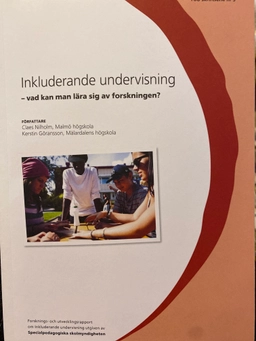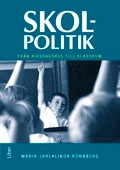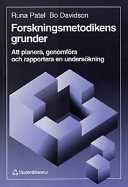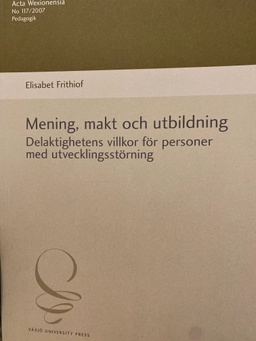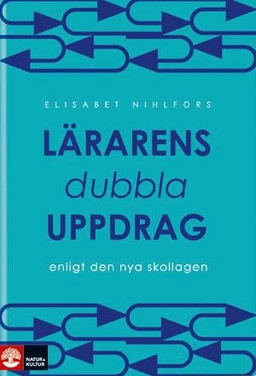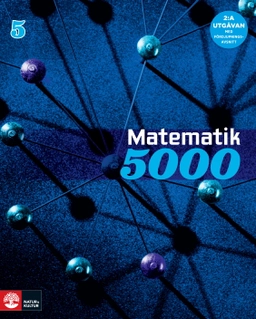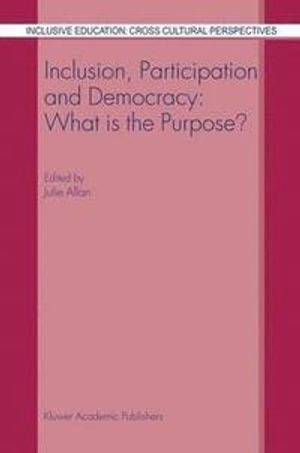

Inclusion, participation, and democracy : what is the purpose?
- Utgiven: 2003
- ISBN: 9781402012655
- Sidor: 233 st
- Förlag: Kluwer Academic Publishers
- Format: Häftad
- Språk: Engelska
Om boken
Åtkomstkoder och digitalt tilläggsmaterial garanteras inte med begagnade böcker
Mer om Inclusion, participation, and democracy : what is the purpose? (2003)
2003 släpptes boken Inclusion, participation, and democracy : what is the purpose? skriven av Julie Allan. Den är skriven på engelska och består av 233 sidor. Förlaget bakom boken är Kluwer Academic Publishers.
Köp boken Inclusion, participation, and democracy : what is the purpose? på Studentapan och spara uppåt 50% jämfört med lägsta nypris hos bokhandeln.
Tillhör kategorierna
Referera till Inclusion, participation, and democracy : what is the purpose?
Harvard
Oxford
APA
Vancouver
